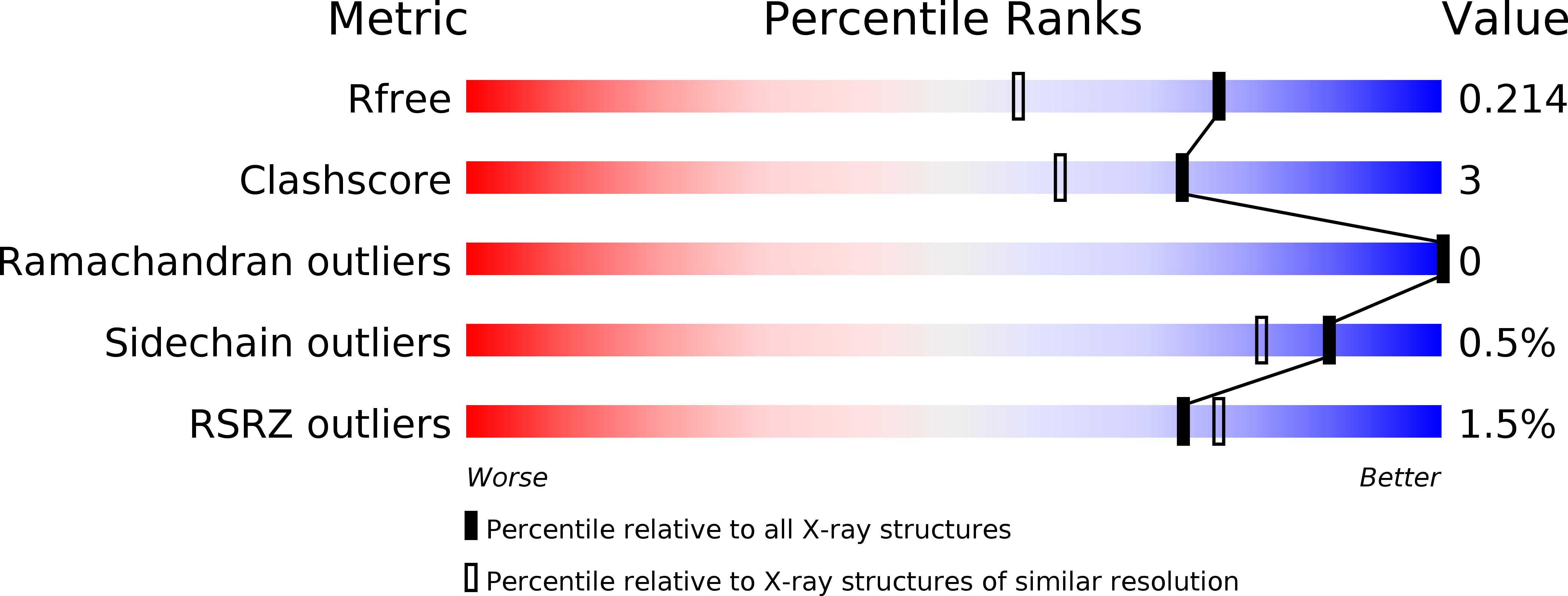
Deposition Date
2019-04-25
Release Date
2020-05-13
Last Version Date
2024-01-24
Entry Detail
Biological Source:
Source Organism(s):
Mycobacterium chimaera (Taxon ID: 222805)
Expression System(s):
Method Details:
Experimental Method:
Resolution:
1.66 Å
R-Value Free:
0.21
R-Value Work:
0.15
R-Value Observed:
0.16
Space Group:
P 1 21 1


